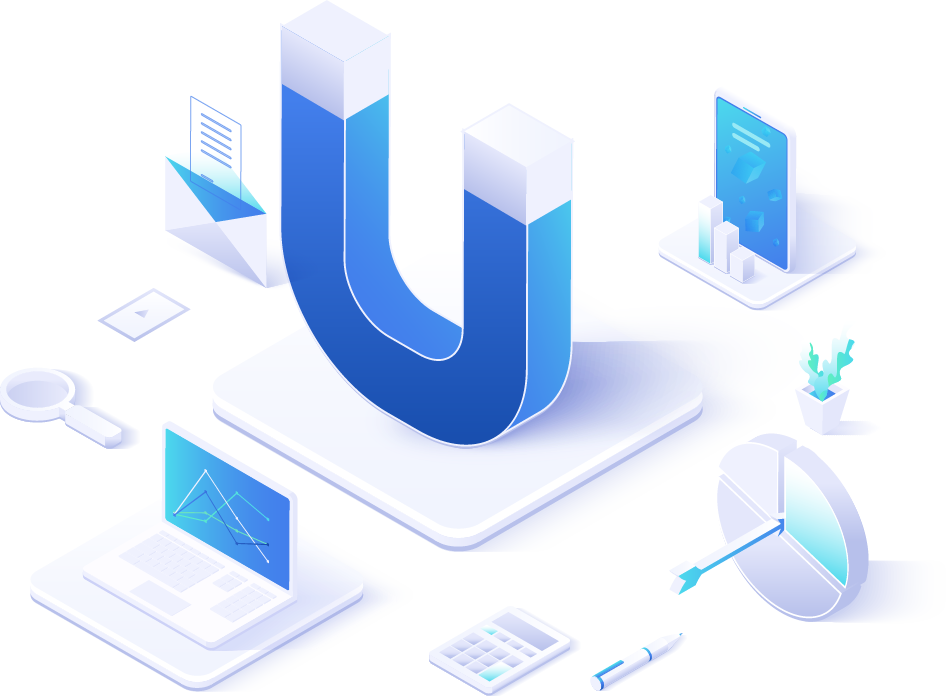- Mobile Development
Advantages of GraphQL for Mobile Development
Its ability to provide a more efficient, flexible, and powerful alternative to traditional REST APIs has made it a go-to choice for modern applications.

Its ability to provide a more efficient, flexible, and powerful alternative to traditional REST APIs has made it a go-to choice for modern applications.

GraphQL is a query language for APIs and a runtime for executing those queries with existing data. Developed by Facebook in 2012 and released as an open-source technology in 2015, GraphQL has rapidly gained popularity among developers, especially in the realm of mobile app development. Its ability to provide a more efficient, flexible, and powerful alternative to traditional REST APIs has made it a go-to choice for modern applications. At CogniXsoft, we recognize the potential of GraphQL in streamlining mobile app development and enhancing user experience. This article will delve into the numerous advantages of using GraphQL for mobile applications.
One of the standout features of GraphQL is its flexibility in data queries. Unlike traditional REST APIs, where clients are limited to predefined endpoints, GraphQL allows clients to specify exactly what data they need in a single request. This client-specified querying means that mobile developers can optimize their applications by requesting only the necessary data, eliminating the issue of over-fetching and under-fetching. This flexibility not only improves the efficiency of data retrieval but also streamlines the development process, enabling developers to focus on delivering a tailored user experience without worrying about excess data load.
Network efficiency is crucial for mobile applications, where bandwidth and connectivity can vary significantly. GraphQL addresses this challenge by providing a lower payload size compared to traditional REST APIs. Since GraphQL allows clients to request only the data they need, the amount of data transferred over the network is significantly reduced. This reduction is particularly valuable in mobile environments, where users may be on limited data plans or in areas with weak connectivity.
Managing APIs can be a complex task, especially as applications grow and evolve. GraphQL simplifies API management in several ways. One of the most significant advantages is the elimination of versioning. Traditional REST APIs often require versioning to accommodate changes, which can lead to fragmentation and maintenance challenges. In contrast, GraphQL’s schema evolves over time, allowing developers to add new fields and types without impacting existing queries. This flexibility means that applications can adapt and grow without the need for breaking changes or extensive refactoring.
Additionally, GraphQL operates through a single endpoint, which simplifies the API architecture. Instead of managing multiple endpoints for different resources, developers can handle all API interactions through one endpoint. This single endpoint model not only reduces complexity but also streamlines the development process, making it easier for teams to maintain and update their applications. By simplifying API management, GraphQL allows developers to allocate more time to enhancing the app’s features and functionality rather than wrestling with API logistics.
The GraphQL community is vibrant and growing, providing a wealth of resources, tools, and libraries that support GraphQL development. Popular libraries such as Apollo Client and Relay offer developers robust solutions for implementing GraphQL in their applications. These tools provide built-in features for caching, state management, and real-time data handling, making it easier for developers to create powerful mobile applications.
Moreover, the community fosters collaboration and innovation, with numerous online forums, tutorials, and documentation available to help developers get started with GraphQL. This support network reduces the learning curve for new developers and encourages best practices in GraphQL implementation. By tapping into this ecosystem, mobile developers can leverage existing solutions and accelerate their development processes, ultimately delivering better products to their users.
In conclusion, the advantages of using GraphQL for mobile app development are profound. From its flexibility in data queries and improved network efficiency to simplified API management and robust community support, GraphQL empowers developers to create high-performing, user-friendly mobile applications. By adopting GraphQL, organizations can enhance their development processes and provide richer experiences for their users.
At CogniXsoft, we are dedicated to helping businesses navigate the evolving landscape of mobile app development. If you are considering implementing GraphQL in your mobile applications or need expert guidance on best practices, do not hesitate to reach out to us. Let’s work together to elevate your mobile app development journey and achieve lasting success!
Subscribe to the CogniXsoft newsletters – Join our community to receive the latest insights, industry trends, and exclusive updates on our services.
